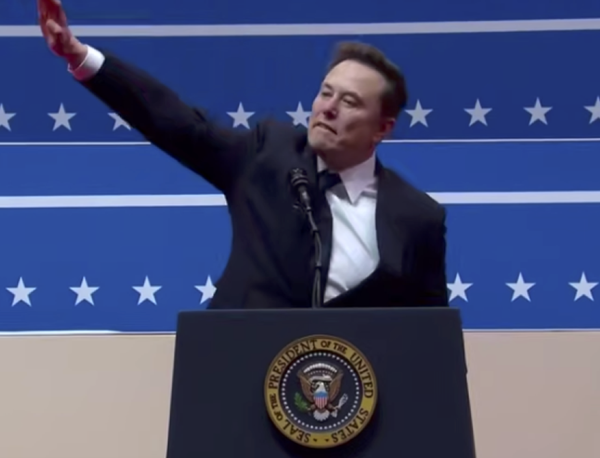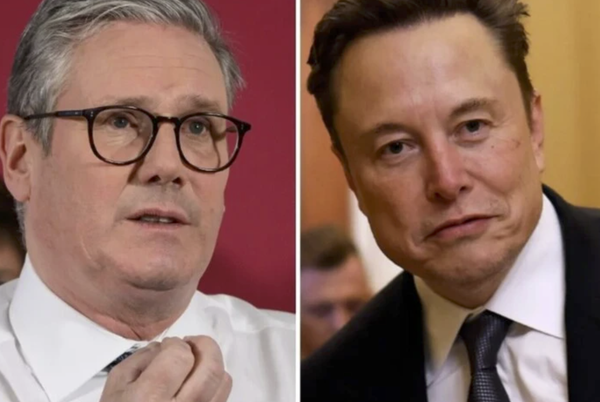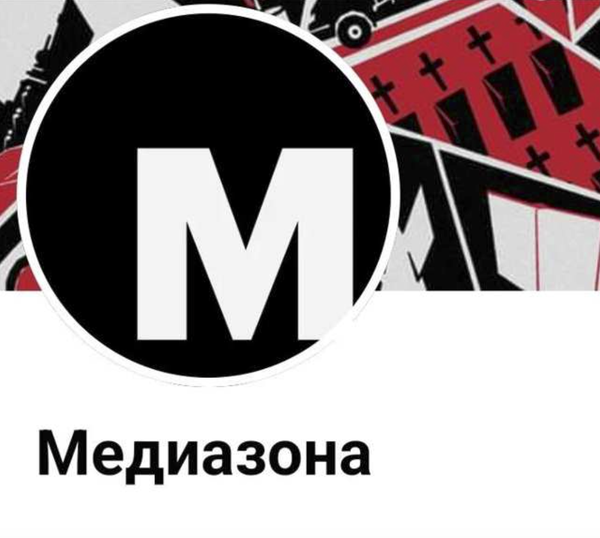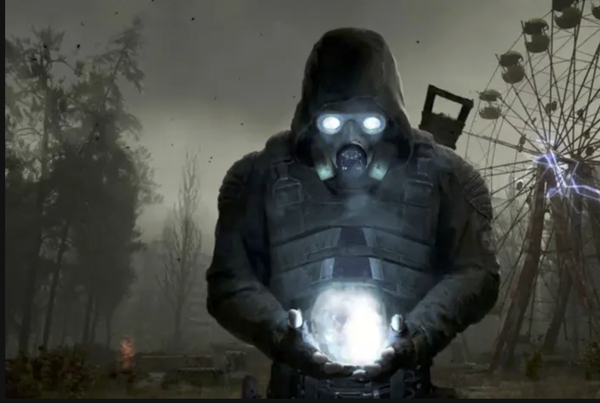How to recognize a fake expert?
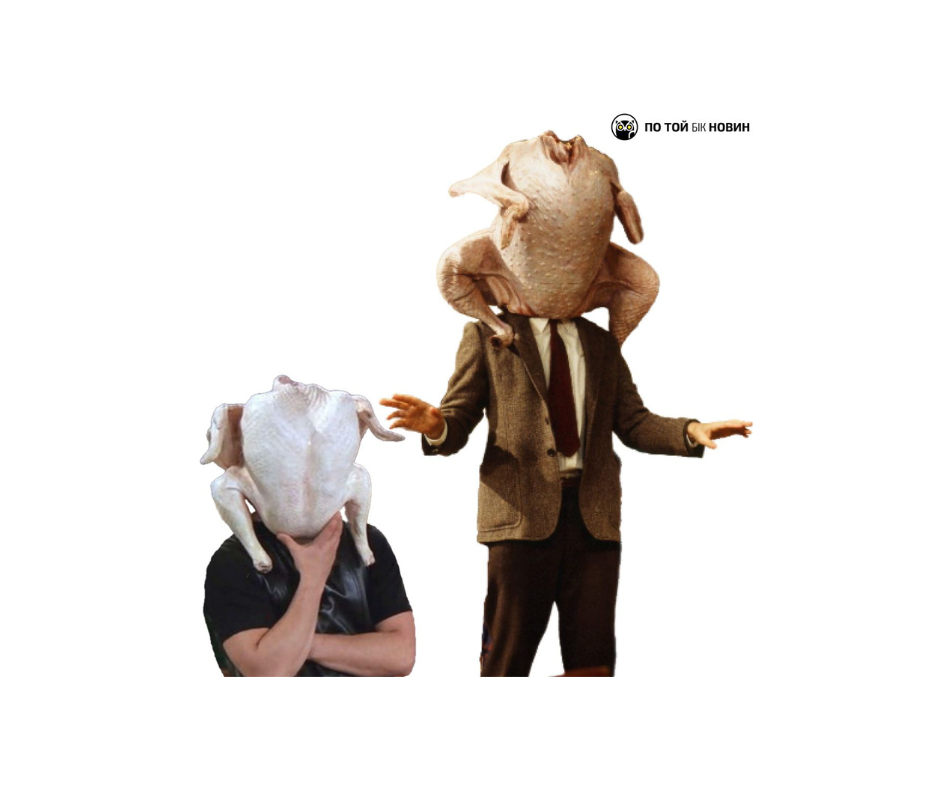
The saying goes, “Give a man a fish and you feed him for a day; teach a man to fish and you feed him for a lifetime”. Despite our regular efforts to expose cyclical fakes, we continually receive false claims from phony scientists, pseudo-experts, and other manipulators akin to Oleksiy Arestovych, former advisor to the Office of the President of Ukraine. Perhaps you’ve already heard of the investigation we’re referring to http://bit.ly/3o4roSg, but if you haven’t, we highly recommend reading it. Dorje Batu, Instructor.ua, and Spartak Subbota. And there was a certain “Dr. Pi” years ago…
How does one recognize a fake expert? We’ve talked about this several times. Our advice is far from exhaustive and not applicable in every case. Moreover, it is not a fact that our advice would have helped to reveal the truth about Subbota, as Ilia Poludionnyi from the Svidomi media outlet did. But, it’s a start, a clue trail that will at least raise doubts and help us begin the search for the truth.
Relevance
An expert is not a profession and it’s not taught in any school. Their job is not to do anything but to provide comments on a particular topic. An expert is an ordinary person who has professional knowledge and experience in a relevant industry. For instance, a fire inspector can comment on fire safety, a philologist on new spelling, and an architect on construction. However, a political scientist cannot be considered an expert unless they’ve worked in that field before.
Although these may seem obvious, in practice we often see people commenting on subjects outside their area of expertise. For example, russian speakers commenting on Ukrainian orthography, people who have nothing to do with the army analyzing the war, or law enforcement officers commenting on the coronavirus. Such examples are endless and happen every day on television, in newspapers, and on the radio.
There’s a joke that goes, “Where did all these farmers come from? They used to be virologists!” It contains a lot of truth. If an expert comments on the state budget one day and then talks authoritatively about tourism and air travel the next, their words shouldn’t be trusted. One person cannot be a specialist in all fields. A true expert only comments on topics they are directly involved in or something closely related to them.
Competence
When looking for an expert, it’s important to verify their education. Make sure it’s from a reputable institution and not some fake organization that sells diplomas in a shady location. Inquire about the expert’s past work experience, achievements, and scientific publications. Also, consider the opinions of colleagues who worked in the same field regarding their professionalism.
This used to be particularly important in the medical field, and today it’s the case in the military. We see that fake experts are multiplying rapidly, like frogs in a swamp.
Reputation
It’s essential to monitor an expert’s previous statements and assess their accuracy and factual basis. If the expert has made any predictions about the future, it’s important to determine how accurate they have been. If the expert made predictions that can’t be verified, then their credibility must be questioned. Such predictions are nothing but a guessing game on coffee grounds. True experts aren’t afraid to admit their limitations. Only fraudsters claim to have absolute certainty and answer every question as if they were experts in all fields.
Independence
It’s crucial to understand who the expert is working for and who is paying them. Sometimes, their statements may be influenced by their employer’s interests rather than objective facts and analysis. This is particularly prevalent in the field of political science, where some experts may be covertly prepared by certain political parties. For example, an expert may criticize the government’s procurement of medicines through international organizations. In such a case, it’s worth investigating if the expert has any ties to pharmaceutical companies or other stakeholders who could potentially benefit from such criticisms.
Discretion
It’s important to pay attention to the tone of the expert’s words and assess how balanced they are. A professional expert would rarely make loud and unfounded statements. If the question being addressed doesn’t have a clear answer, the expert’s conclusions are unlikely to be categorical and unambiguous. Emotional language used by an expert may indicate an attempt to divert public attention from a different topic. Alternatively, it could be an attempt to provoke outrage among people and polarize their attitudes towards the issue at hand.
P.S. Which points do you agree with and which ones do you disagree with? Additionally, did you follow Spartak Subbota, and did you have any suspicions about his competence? Can you share your thoughts in the comments section? ![]()



